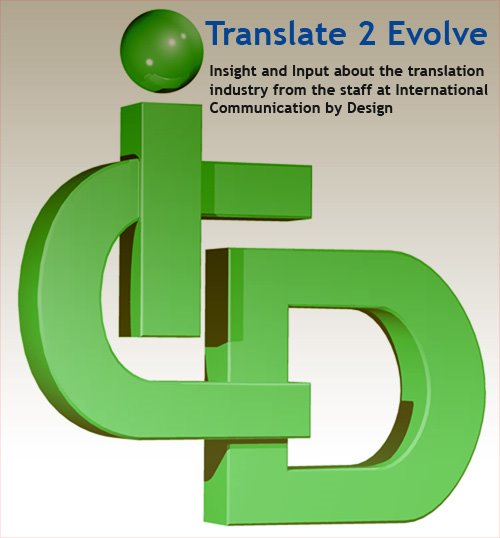
Hi readers, great news! for me at least. My article: "Internationalized desktop publishing difficulties" just came out in "Multilingual Computing Magazine" If you've read my previous blog posts, you'll know that I have written about the horrors of poorly constructed documents that still give me nightmares. This article highlights some basic tools and ideas that you should keep in mind when creating your next document. Check out the excerpt below:
| Internationalized desktop publishing difficulties LIONEL LIM |
| The process of translating documents involves several specialized activities in addition to translating content from one language to another. A major step in the translation process is the desktop publishing (DTP) of translated content so that the final product closely matches its English counterpart. When you are ready to translate your document, provide your language service provider (LSP) with the name and version number of the DTP application and the platform (Mac or PC) you are using for the English document. You should include the source files for your English documents in the original application, and you should indicate ... To read this entire article you must be a MultiLingual subscriber. For immediate access to the current issue, subscribe to the digital version. Already a subscriber? Above excerpt taken from the March 2009 issue of MultiLingual published by MultiLingual Computing, Inc., 319 North First Avenue, Suite 2, Sandpoint, Idaho 83864-1495 USA, 208-263-8178, Fax: 208-263-6310. Subscribe |
March, 2009








